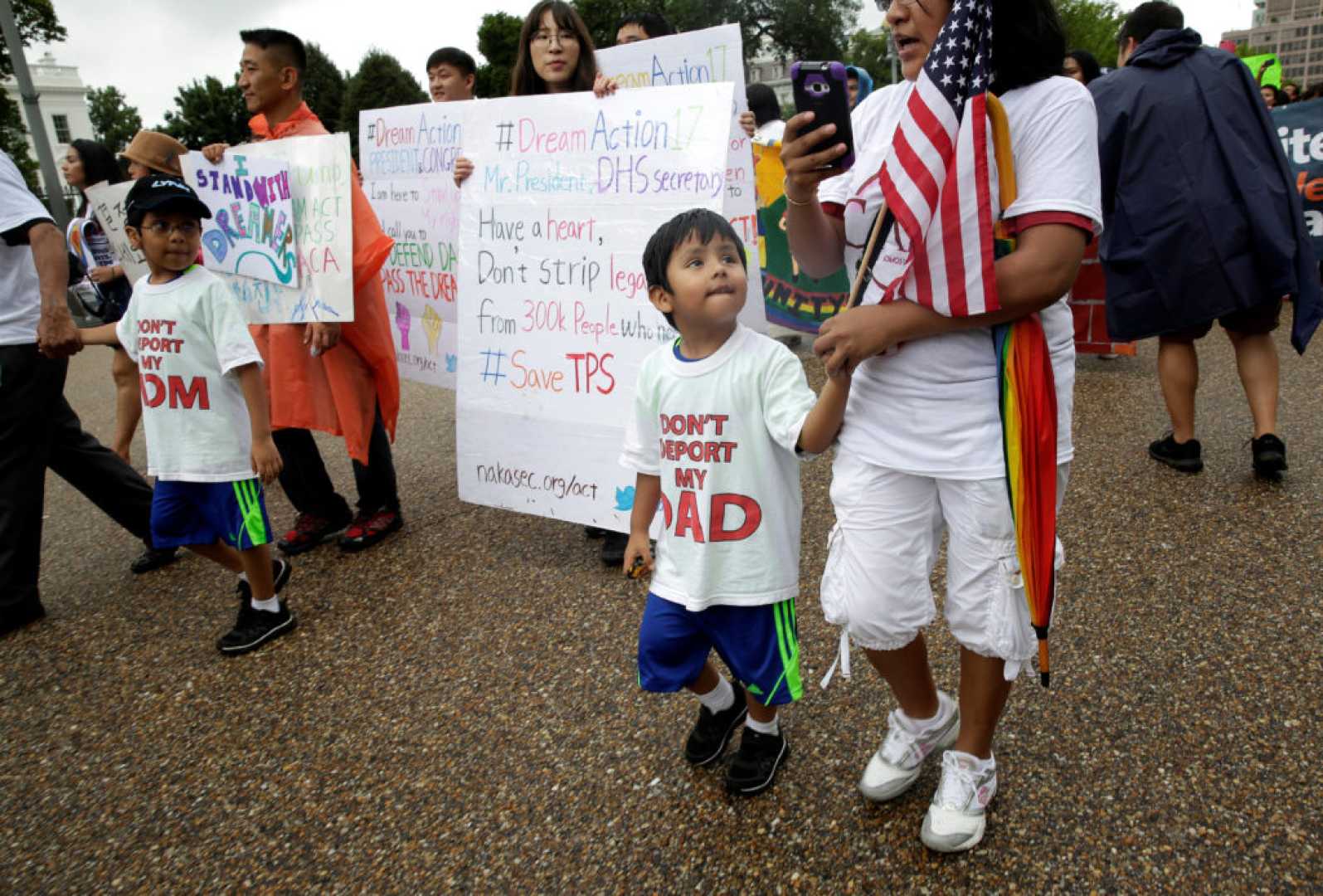News
Biden Extends Temporary Protected Status for Venezuelans, Salvadorans

About 600,000 Venezuelans and more than 200,000 Salvadorans already living in the United States can legally remain another 18 months, the Department of Homeland Security announced Friday. The decision comes just days before President-elect Donald Trump takes office, promising stricter immigration policies.
The extension of Temporary Protected Status (TPS) for Venezuelans and Salvadorans is part of the Biden administration‘s ongoing support for the program, which currently covers about 1 million people. TPS allows individuals from countries facing severe crises to live and work legally in the U.S. but does not provide a path to citizenship.
For Venezuelans, the decision is based on the “severe humanitarian emergency” caused by political and economic crises under President Nicolás Maduro‘s regime. For Salvadorans, the extension is tied to environmental challenges, including heavy rains and storms over the past two years that have exacerbated conditions in a country still recovering from devastating earthquakes in 2001.
TPS for Salvadorans was set to expire in March 2025 but has now been extended until September 2026. The program, created by Congress in 1990, has been a lifeline for immigrants from 17 countries, including Haiti, Honduras, and Nicaragua.
However, the future of TPS remains uncertain under the incoming Trump administration. During his first term, Trump sought to end TPS for several countries, including El Salvador, but faced legal challenges. Trump and his running mate, JD Vance, have signaled plans to scale back temporary immigration protections and pursue mass deportations.
Advocates have praised the Biden administration’s decision but warn that more needs to be done. “This extension is just a small victory,” said Felipe Arnoldo Díaz, an activist with the National TPS Alliance. “Our biggest concern is that other countries, like Venezuela, Nepal, and Honduras, are being left out.”
For José Palma, a 48-year-old Salvadoran living in Houston, the extension means he can continue working legally and supporting his family. Palma, who has lived in the U.S. since 1998, sends $400 monthly to his retired mother in El Salvador. “It brings me peace of mind, a breath of fresh air,” he said. “That’s 18 more months of being protected.”
El Salvador, a key U.S. ally, relies heavily on remittances from its diaspora, which total about $7.5 billion annually. President Nayib Bukele, who has worked closely with Trump on immigration issues, has gained popularity for his aggressive crackdown on gangs, though critics argue his tactics have undermined human rights.
The Associated Press contributed to this report.












